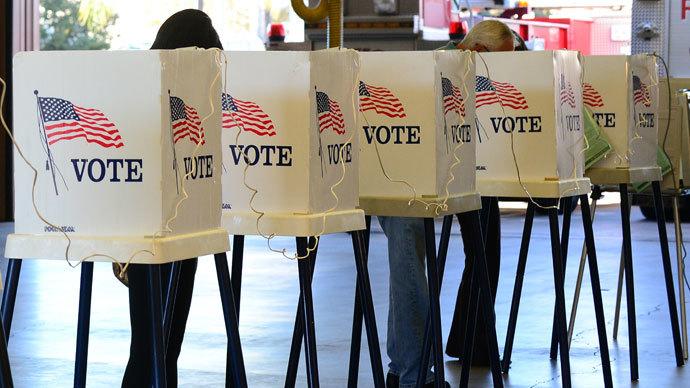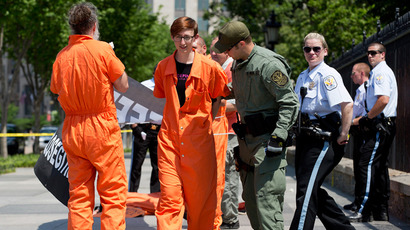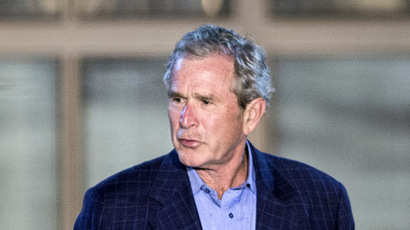Record number of Americans now identify as politically independent

A record number of Americans, 42 percent, now say they identify politically as an independent, more than the number of those who say they are Democrat or Republican, according to a new poll.
The Gallup figures published Wednesday are the latest reason to celebrate for independents, who have seen their numbers steadily on the rise during the partisan bickering that has plagued Washington through the Bush and Obama presidential administrations.
Meanwhile, self-identified Republicans fell to 25 percent, the lowest total for the GOP in 25 years, while democratic identification has remained consistent at 31 percent over the past four years since dropping from 36 percent in 2008.
Pollsters reported that at least 40 percent of US citizens said they’re Independent in each of the last three years, although Wednesday’s figure is the highest total since Gallup began measuring Independent leanings in 1991.
“Americans’ increasing shift to independent status has come more at the expense of the Republican Party than the Democratic Party,” wrote Gallup’s Jeffrey M. Jones. “Republican identification peaked at 34 percent in 2004, the year George W. Bush won a second term in office. Since then, it has fallen nine percentage points, with most of that decline coming during Bush’s troubled second term. When he left office, Republican identification was down to 28 percent.”
What has changed less drastically is the number of Americans who admit partisan leanings, a number currently recorded at 88 percent. That number have barely varied over the past two decades, with 91 percent reporting partisanship when bill Clinton was elected in 1991, 89 percent when Bush was elected eight years later, then up again to 92 percent in 2008.
These figures likely indicate that while Republicans seem less popular, the party has likely lost little ground, if any. The Republicans captured the House of Representatives in 2010 and were closer to winning the 2012 presidential election than they were in 2008.
In the 2012 race, Republican Mitt Romney captured the votes of 89 percent of the Republican-leaning independents and Obama won 84 percent of the Democratic-leaning independents. The party loyalty, the Washington Post noted, was less than six percentage points than the loyalty among Americans who identified with the two major parties.
“The rise in political independence is likely an outgrowth of Americans’ record or near-record negatives views of the two major US parties, of Congress, and their low trust in government more generally,” the pollsters note. “The increased independence adds a greater level of unpredictability to this year’s congressional midterm elections. Because US voters are less anchored to the parties than ever before, it’s not clear what kind of appeals may be most effective to winning votes.”














